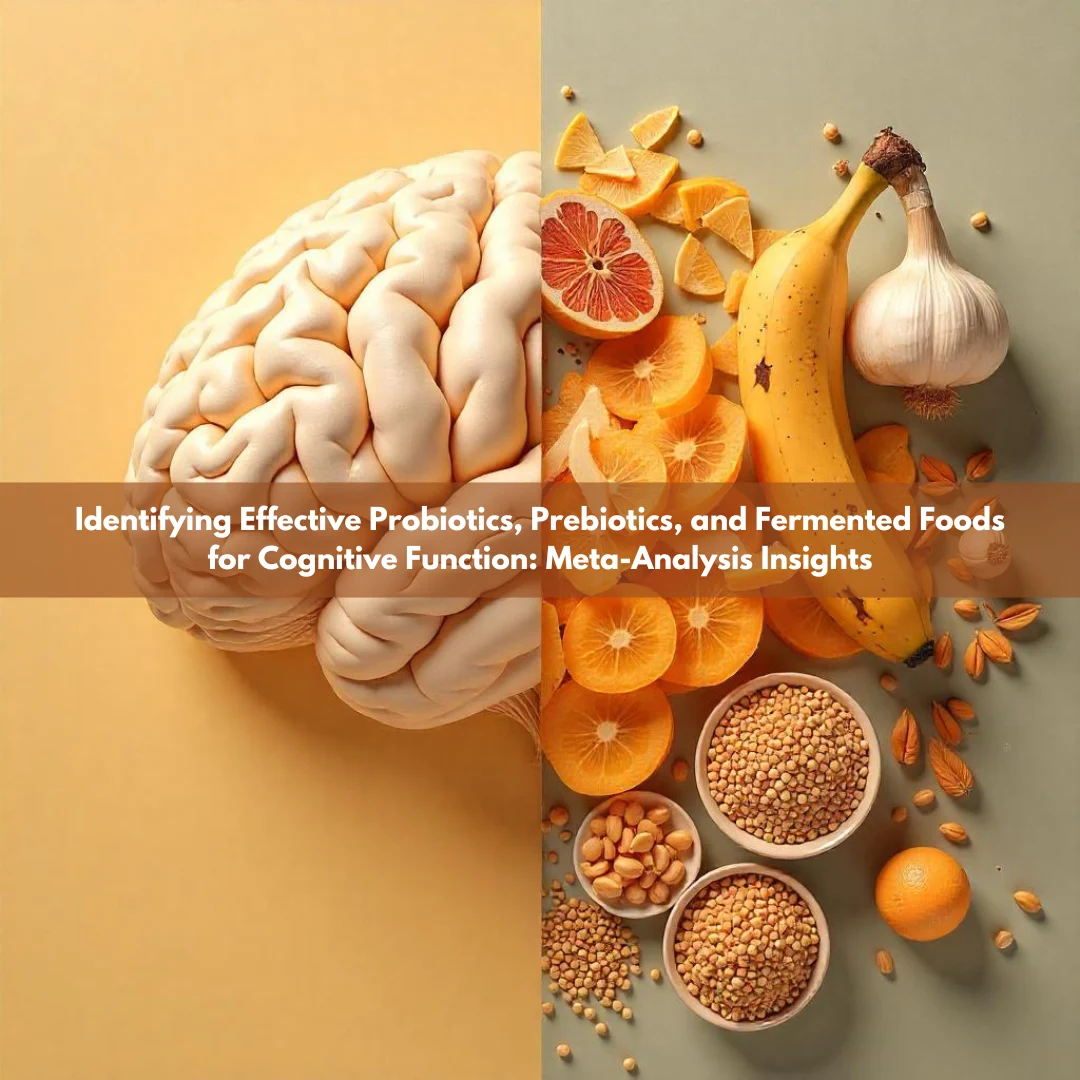Evidence Level for Cognition Impact
Moderate levels of evidence were achieved in the meta-analysis by several strains and prebiotics proving beneficial, and overall cognition remained unchanged.
Strong evidence (RCTs with great effects):
- Lactobacillus plantarum C29 (Improved cognitive scores in MCI patients)
- Lactobacillus helveticus IDCC3801 (Improved cognitive performance in old adults)
- Lactobacillus fermentum-based probiotic milk (The significant effect on Alzheimer’s patients)
- Oligofructose-enriched inulin (Improved memory recall in healthy adults)






